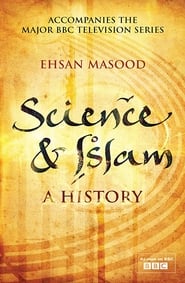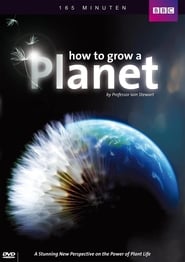
Horizon - Season 39 Episode 4
The magnificent ancient city of pyramids at Caral in Peru hit the headlines in 2001. The site is a thousand years older than the earliest known civilisation in the Americas and, at 2,627 BC, is as old as the pyramids of Egypt. Many now believe it is the fabled missing link of archaeology - a 'mother city'. If so, then these extraordinary findings could finally answer one of the great questions of archaeology: why did humans become civilised? For over a century, archaeologists have been searching for what they call a mother city. Civilisation began in only six areas of the world: Egypt, Mesopotamia, India, China, Peru and Central America. In each of these regions people moved from small family units to build cities of thousands of people. They crossed the historic divide, one of the great moments in human history. Why? To find the answer archaeologists needed to find a mother city - the first stage of city-building. They couldn't find one anywhere. Everywhere this first stage seemed destroyed or built over. And so, instead, scientists developed a number of theories. Some said it was because of the development of trade, others that it was irrigation. Some even today believe it was all because of aliens. Gradually an uneasy consensus emerged. The key force common to all civilisations was warfare. The theory was that only the fear of war could motivate people to give up the simple life and form complex societies. To prove it, archaeologists still had to find a city from that very first stage of civilisation. If it showed signs of warfare, then the theory had to be true. When archaeologist Ruth Shady discovered her 5,000 year old city of pyramids in the Peruvian desert, all eyes were on the New World. Ruth's extraordinary city, known as Caral, is so much older than anything else in South America that it is a clear candidate to be the mother city. It also is in pristine condition. Nothing has been built on it at all. Instead laid out before the world is an elaborate complex of pyramids, temples, an amphitheatre and ordinary houses. Crucially, there is not the faintest trace of warfare at Caral; no battlements, no weapons, no mutilated bodies. Instead, Ruth's findings suggest it was a gentle society, built on commerce and pleasure. In one of the pyramids they uncovered beautiful flutes made from condor and pelican bones. They have also found evidence of a culture that took drugs and perhaps aphrodisiacs. Most stunning of all, they have found the remains of a baby, lovingly wrapped and buried with a precious necklace made of stone beads.
- Genre: Documentary
- Studio: BBC Two
- Stichwort:
- Besetzung:




 "
"



















